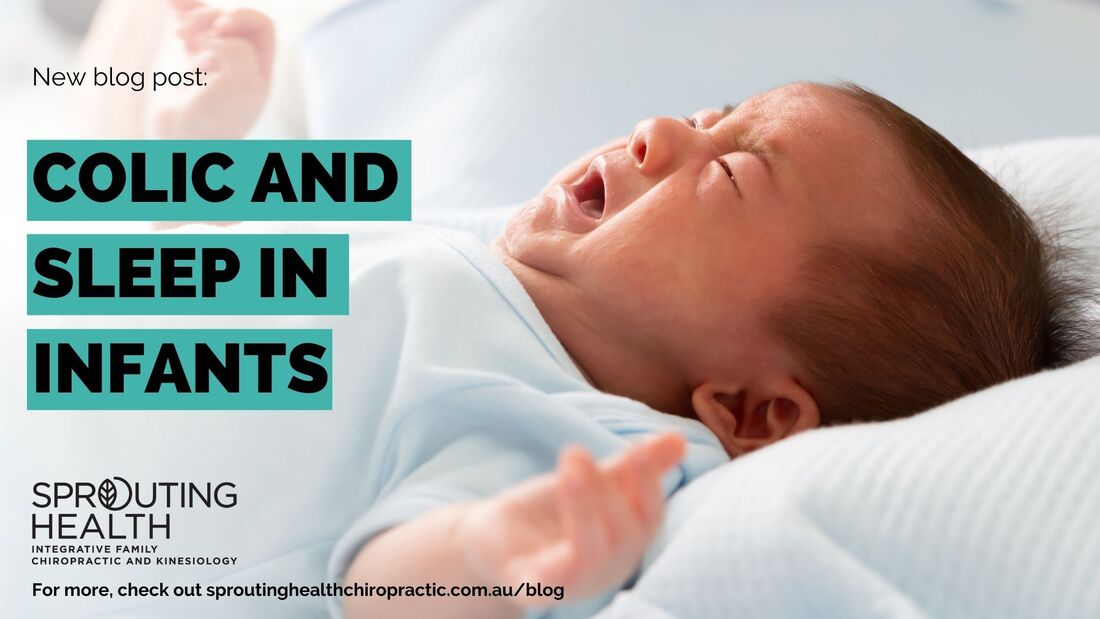|
Colic and sleep problems are common among infants, constitute challenges and distress for parents, and are often reasons for seeking help from health professionals. The literature debates whether infant colic and sleep problems are linked together or not. There is limited knowledge of the association between sleep and colic problems in infancy and subsequent development, emotional and behaviour problems in young children in the current literature. (1-2)
Data from a 10-year study from Norway, with nearly 90,000 participants, shows infants with colic scored lower on developmental assessment at 5 years of age as well as higher on internalising problems at 3 and 5 years of age. Children who awoke frequently and were more difficult to put to bed at 6 months scored significantly lower on development at 18 months and 3 and 5 years, and higher on internalizing behaviour problems at 3 and 5 years. Thus, colic and sleep problems early in life should be taken into account as risk factors for development and behavioural problems within the first 5 years of a child’s life. (2) There are many treatment options out there, and as often is the case, the hard bit is finding what works for you and your family. From the research, two of the most promising treatment regimes in the management of colic include probiotics and chiropractic care. (3) In a study from 2012, chiropractic manual therapy improved crying behaviour in infants with colic. The findings showed that knowledge of treatment by the parent did not appear to contribute to the observed treatment effects in this study. Thus, it is unlikely that observed treatment effect is due to bias on the part of the reporting parent. (3-4) As healthcare is forever developing, there is still a need for larger and more studies to be conducted on the effectiveness of therapies for colic.
0 Comments
Leave a Reply. |
AuthorBlogs by the team at Sprouting Health Archives
July 2024
Categories |


 RSS Feed
RSS Feed
